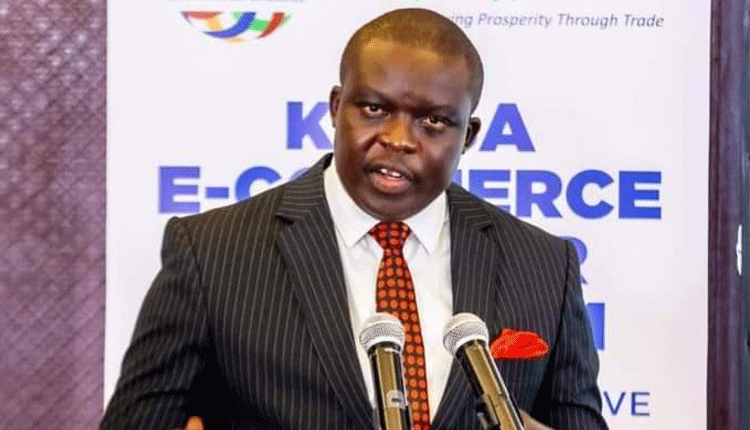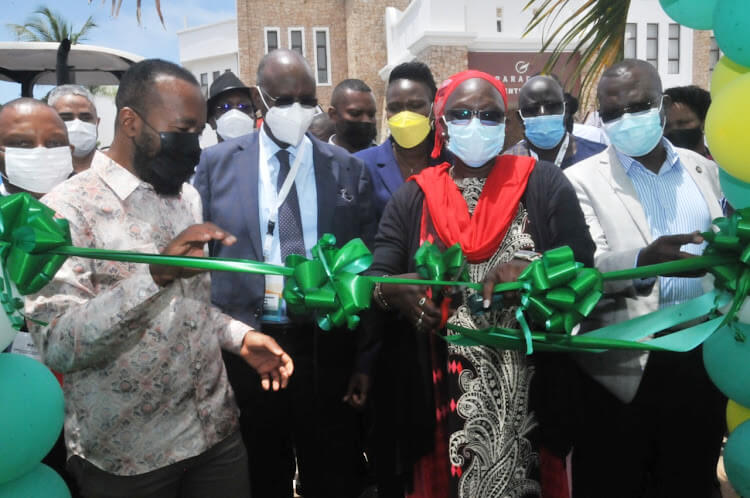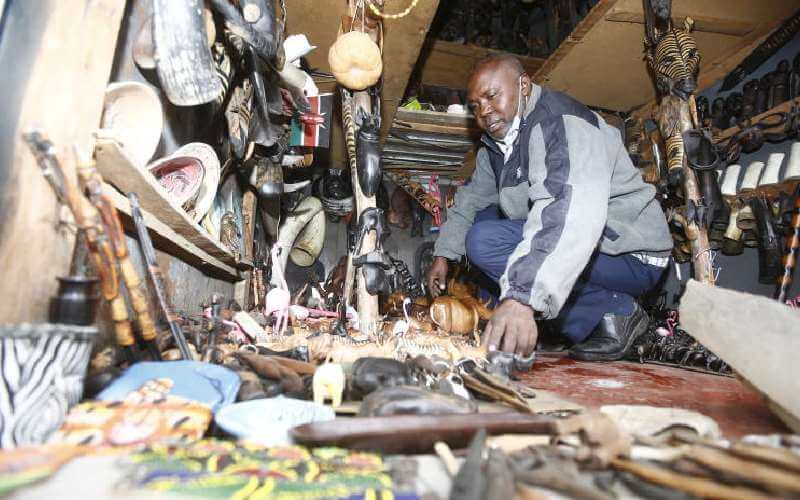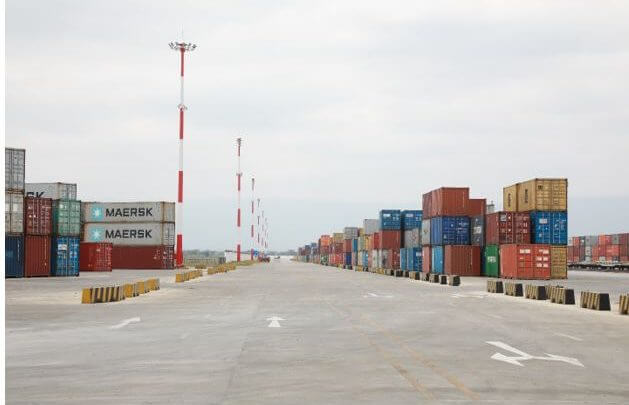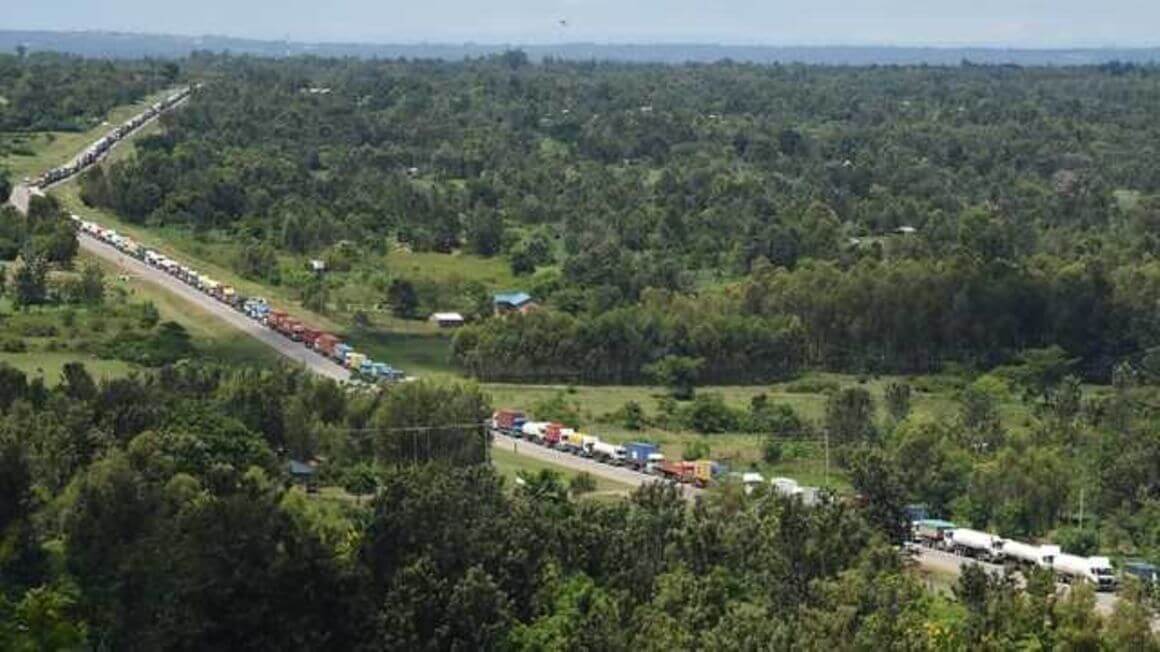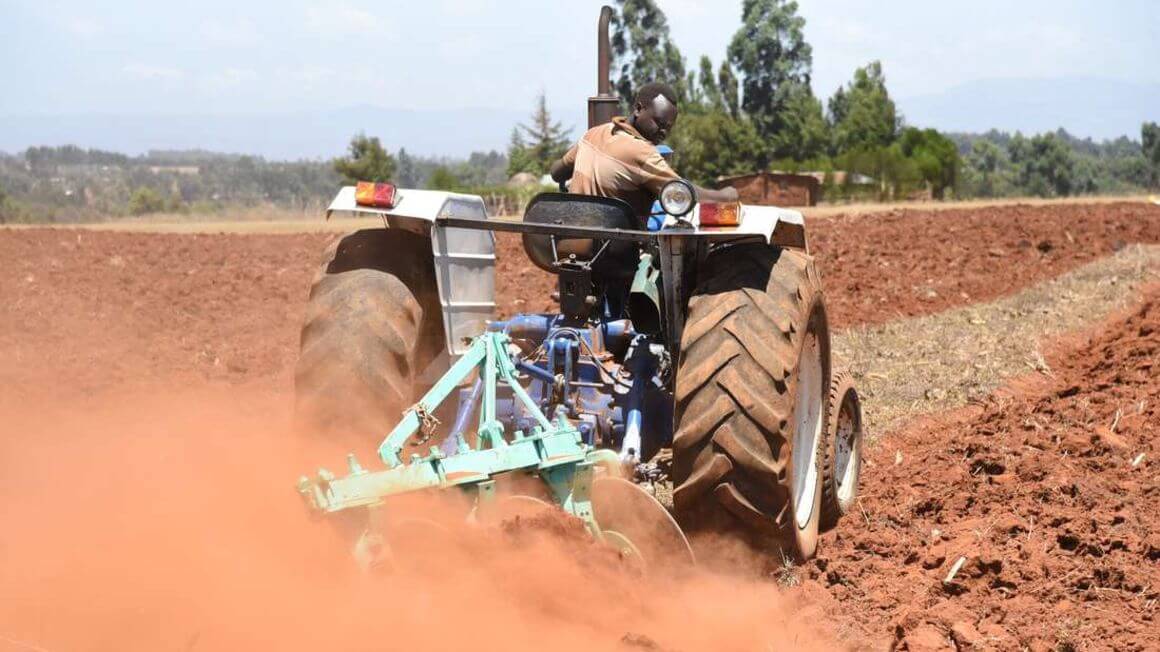The African Development Bank (AfDB) has earmarked $50 million for women business projects in the eastern Africa region. This was revealed this week by the regional director of the continental bank during his visit to the East African Community (EAC) and affiliated bodies in Arusha. Cheptoo Kipronoh who heads AfDB operations in Tanzania, Uganda, Kenya, Rwanda, South Sudan, Ethiopia, Eritrea and Seychelles said this was part of a wider support to the region. “Some $50 million have been earmarked to support women in business,” he said during his visit to the East African Business Council (EABC) head offices. The apex body of private sector associations based here has a full desk coordinating women-in-business programmes within the region. Mr Kipronoh added that the continental bank had also granted $900 000 to the EAC secretariat for the fight against Covid-19 epidemic. The Abidjan-based AfDB is the main financier of a host of infrastructure development projects in the EAC bloc. Within Tanzania, these include the 110-kilometre Arusha-Namanga road (which extends to Athi River in Kenya), 41km Arusha By-Pass and 14km Arusha Tengeru road. Plans are afoot for the proposed 110km Arusha-Holili highway which would be widened to a four lane road to serve the increasing traffic. Kipronoh commended Tanzania for ratifying the African Continental Free Trade Area (AfCFTA) agreement and the EAC Protocol on Sanitary and Phytosanitary measures. “These shall boost intra-African trade, food safety and agribusiness in the EAC bloc,” he said. He further elaborated that AfCFTA’s 1.2-billion market offers a pathway...
AfDB grants $50 million for women projects in EAC
Posted on: September 13, 2021
Posted on: September 13, 2021


